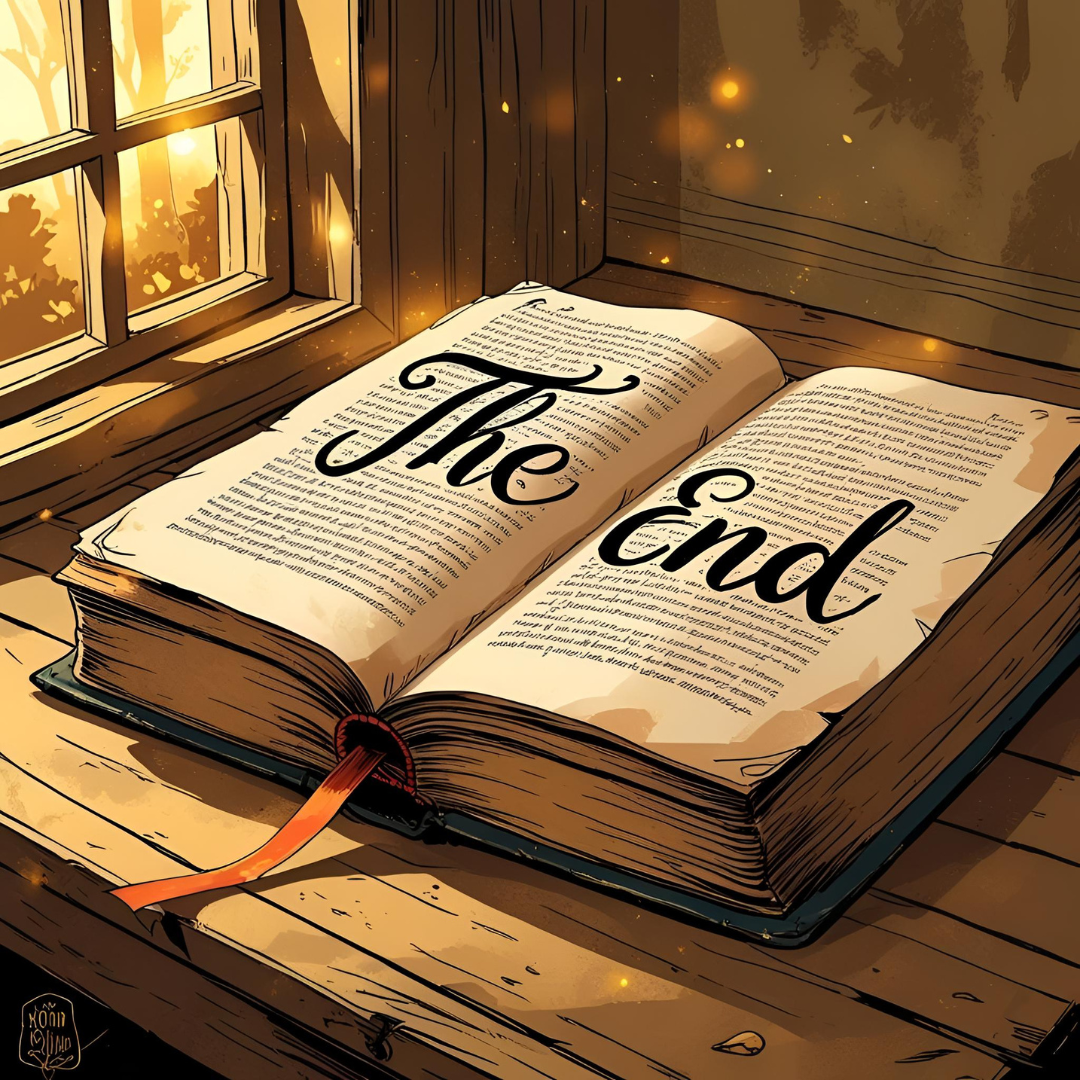Why Your Book Cover Is Losing You Sales (And How to Fix It)
Your book cover is your first—and often only—chance to capture a potential reader's attention. In the three seconds it takes someone to scroll past your book on Amazon or glance at it on a bookstore shelf, your cover must communicate genre, quality, and appeal. Get it wrong, and even brilliant content won't save your sales.
From Manuscript to Marketing: Timeline for First-Time Authors
The moment you type "The End" on your manuscript, you might think the hard work is over. In reality, you're only halfway to publication success. The journey from finished manuscript to published book with actual readers involves a complex timeline of editing, production, and marketing activities that many first-time authors underestimate.
The Psychology Behind Bestseller Lists: What Really Gets Books to the Top
Bestseller lists feel like objective measures of book quality and popularity, but they're actually complex systems influenced by timing, marketing strategies, and psychological triggers that have little to do with how many people actually read and love your book. Understanding how these lists really work—and what drives the human psychology behind them—can transform your approach to book marketing and sales.
Why Your Non-Fiction Book Needs a Story Arc (Even If It's Not a Story)
Most non-fiction authors approach their books like textbooks: organize information logically, present facts clearly, and hope readers will absorb the knowledge. But here's what successful non-fiction authors know: information without transformation is just data. Readers don't want to learn facts—they want to change their lives.
This is why your non-fiction book needs a story arc, even if you're not telling a story. The most compelling non-fiction books take readers on a journey from problem to solution, from confusion to clarity, from where they are to where they want to be.
The Author's Guide to Building a Pre-Launch Email List
Publishing a book without an email list is like opening a restaurant in a ghost town. You might have the best content in the world, but if no one knows it exists, it won't succeed. Smart authors understand that building an email list before their book launch is just as important as writing the book itself.
5 Editing Mistakes That Scream 'Amateur' to Readers
Professional editing is invisible. When done well, readers focus on your story, your characters, and your ideas without noticing the craft behind the words. But when editing goes wrong—or doesn't happen at all—readers immediately sense something's off, even if they can't articulate exactly what bothers them.
How to Write a Book Proposal That Publishers Actually Want to Read
A book proposal is your book's job application. It's how you convince publishers that your book deserves their investment over the thousands of other proposals they receive each year. Yet most authors treat proposals like extended query letters, missing the strategic elements that actually influence publishing decisions.
Self-Publishing vs. Traditional Publishing: A 2025 Reality Check
The publishing landscape has changed dramatically over the past decade. What once seemed like a clear choice between the "legitimate" path of traditional publishing and the "fallback" option of self-publishing has evolved into two equally viable but fundamentally different business models. In 2025, the question isn't which path is better—it's which path is better for you and your specific goals.
The 7 Most Common Plot Holes in Fiction (And How to Fix Them)
Every fiction writer has been there: you're deep into your story, the characters are coming alive, and then suddenly you realize something doesn't add up. Your protagonist somehow knew information they shouldn't have, or a character disappeared for fifty pages without explanation. Welcome to the world of plot holes—those pesky gaps in logic that can pull readers right out of your carefully crafted story.
March 2025 Writing Challenge
Welcome to March, Writers!
This month, we’re focusing on one of the most essential elements of a successful writing life: consistency. Whether you’re working on your first novel, blogging, or writing short stories, creating a sustainable writing habit is key to making progress. Writing isn’t just about inspiration—it’s about showing up, even when motivation wanes.
February 2025 Writing Challenge
Welcome to February, Writers!
This month, we’re stepping outside the familiar and diving into the playful side of creativity. Writing is often about discipline, structure, and finding your niche—but creativity thrives on exploration. February is your invitation to experiment, take risks, and rediscover the joy of creative play. By pushing beyond your usual writing style and comfort zone, you’ll unlock new perspectives and tools that will make your work richer and more dynamic.
January 2025 Writing Challenge
A new year brings a clean slate—an opportunity to reflect, redefine, and set the tone for the writer you want to become. Before diving into word counts and project deadlines, take a step back and reconnect with what truly drives your creativity. This month is about more than just setting goals; it’s about rediscovering your passion, clarifying your values, and envisioning the writing life you want to create in 2025.
December 2024 Writing Challenge
As the year draws to a close, it’s the perfect time to reflect on who you’ve been, both as a person and as a writer, over the past 12 months. December offers a rare opportunity to pause and take stock of your journey, honoring the successes, learning from the challenges, and gently letting go of anything that no longer serves you. It’s not just about closing a chapter; it’s about preparing yourself for the next one with intention and purpose.
Exploring Narrative Point of View: A Guide to Literary Perspectives
The art of storytelling is a multifaceted craft that involves carefully chosen words, imaginative plots, and the nuanced lens through which the story is presented. One crucial element that shapes the reader's experience is the narrative point of view. It determines who is telling the story and how much insight the audience gains into the characters and events. In this guide, we will delve into the various narrative perspectives, exploring their impact on storytelling and the unique nuances each brings to a narrative.
Self Publishing vs. Traditional Publishing
Embarking on the journey of publishing your manuscript is like setting sail on a vast and uncharted sea. As a writer, the decision of whether to opt for self-publishing or traditional publishing is a crucial crossroads that demands careful consideration. In this article, we'll explore both avenues, guiding you through the decision-making process.




















